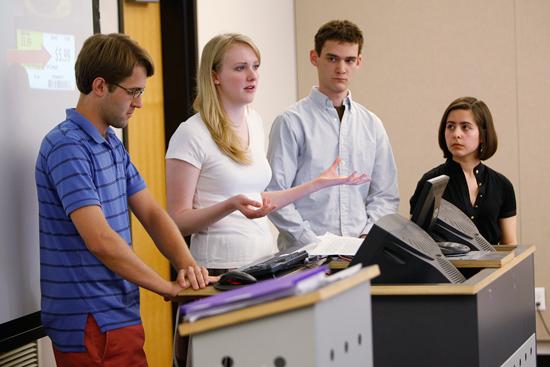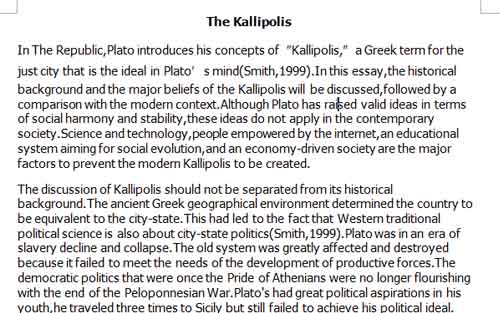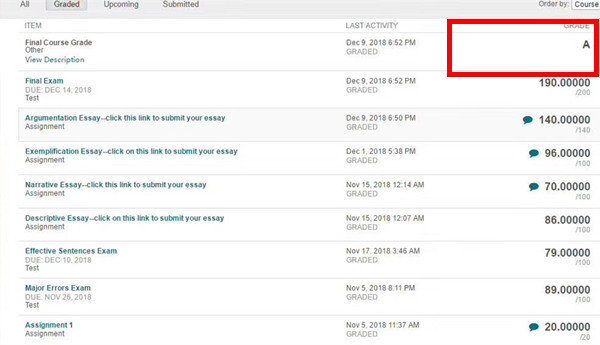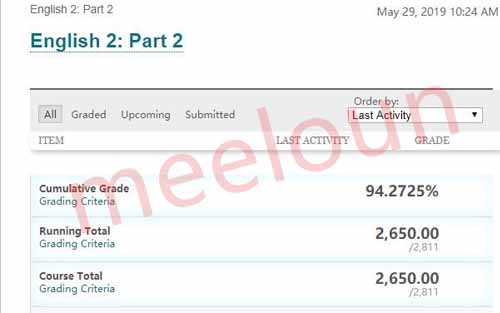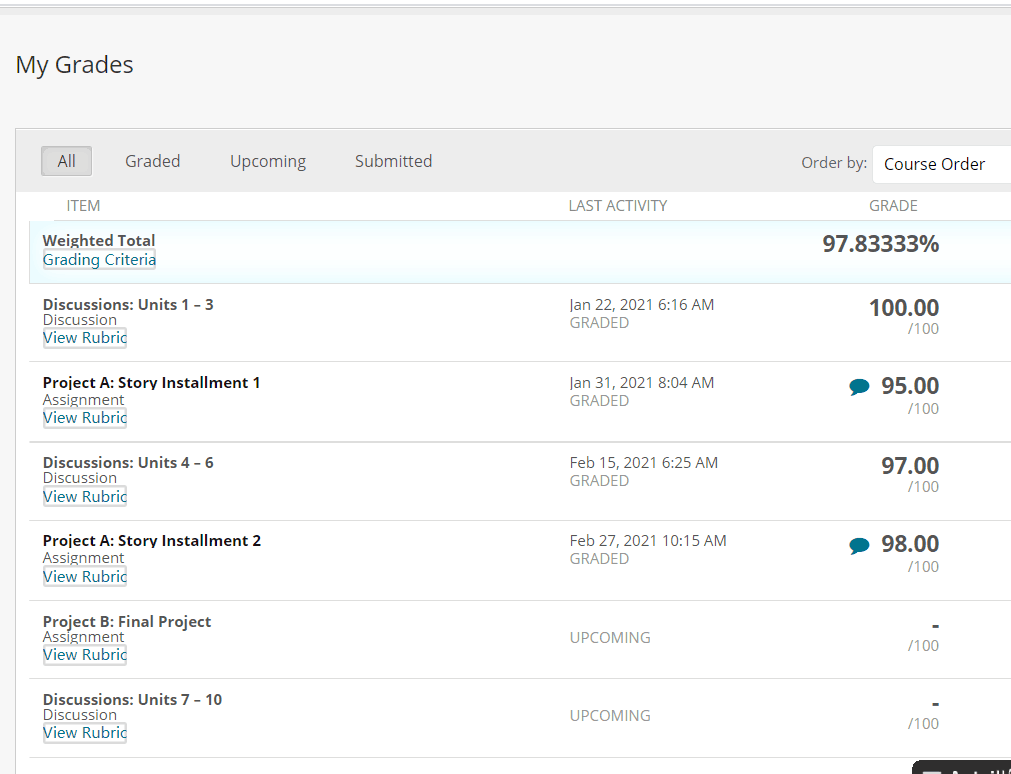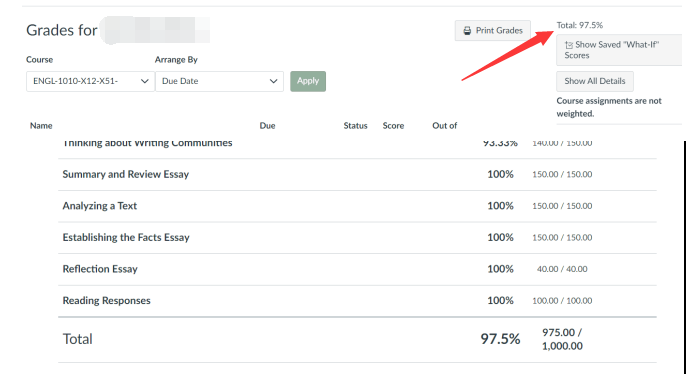本文是一篇对商科留学生来说非常实用的范文,虽然任何类型的project都可以用来写reflective essay,但是商业谈判是几乎每一个管理类专业的同学都会接触的课程,本文的写作思路也可以适用于任何类型reflective essay,希望能够为大家写作提供更多的灵感。
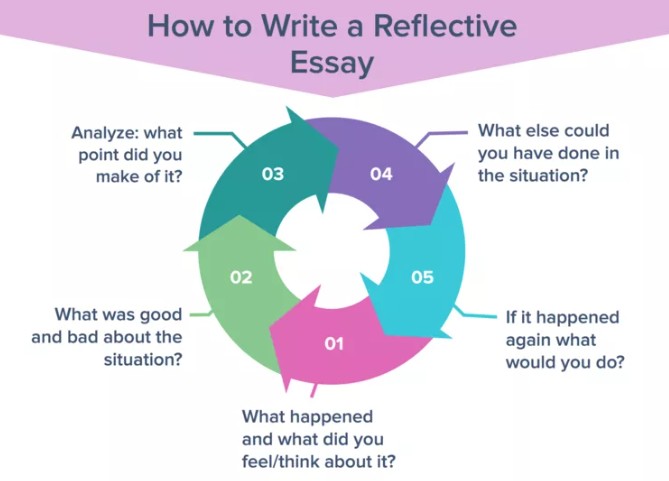
今天的这篇范文就是借鉴了英国曼彻斯特大学 MBA 学生的谈判课程的题目而写的。首先,同学们组成了一个小的team然后和他们的供货商,一家名为Brussels Laser公司的代表进行了谈判。谈判的主要诉求就是同学们所代表的企业希望Brussels Laser能够提早八周交货,但是又不希望支付加急费用。
本篇范围将会以第一人称的形式来写,我所代表的企业本来以为作业一个大型的采购商我们应该可以很容易就能说服供应商来答应我们额外的要求。虽然我们急需Brussels Laser所提供的配件,但是保险起见我们已经另外联系了一家日本公司作为替补,以便在谈判不顺利时用换供货商的策略来让Brussels Laser让步。
接下来我就来分析一下谈判过程中遇到的问题,以及双方是如何解决矛盾,并且最终达成妥协的。最重要的是,本文详细解释了我作为主要的negotiator在谈判过程中所犯的错误和在未来谈判过程可以借鉴的经验。
1. Introduction引言
In the simulation, our team went in with the goal that Brussels Laser can accept our updated terms (8-10 weeks delivery deadline) delivery and maintain the original price offering. We were confident that we have better bargaining power because of our company’s position as the world’s largest mineral processing company.
在模拟过程中,我们的团队的目标是布鲁塞尔激光可以接受我们更新的条款(8-10周的交货期限)交货,并保持原来的报价。由于我们公司是世界上最大的矿物加工公司,我们有信心有更好的议价能力。
Our firm has continuous and huge demand of for X-Ray equipment procurement and we are certain that no supplier would want to miss the chance of working with us. Furthermore, we have a good and strong back-up deal with a Japanese company, and this deal can be used to enhance our bargaining position in the negotiation.
我们公司对X光设备的采购有持续而巨大的需求,我们确信任何供应商都不会错过与我们合作的机会。此外,我们与一家日本公司有一笔很好很强的后备交易,这笔交易可以用来提高我们在谈判中的议价地位。
We started the negotiation by going directly to the point of insisting an 8-week delivery timeline. This was immediately rejected by Brussels Laser, who claims that early delivery would incur more costs and they want to transfer such cost to us by imposing a “2% increase per week pushed to 8 weeks”.
This was not accepted and we quickly changed our tactic from integrative bargaining to distributive bargaining, by pointing out to Brussels Laser that we have another good offer on hand. However, Brussels Laser questioned about the quality of this offer and emphasised on their ability to meet our quality requirement.
We took a break to calm down and returned to the negotiation. Finally, we have agreed to a “1% increase per week pushed to 9 weeks” deal.
2. Reflection
After the negotiation, I have reflected and learnt from a few moments in the negotiation.
2.1 Communication in Negotiation
2.1.1 Description, Feelings and Evaluation
Firstly, at the moment when Brussels Laser rejected our request to shorten delivery time with unchanged prices and proposed a 2% increase in price, I felt negative sentiments within myself, because I interpreted the counterparty as being aggressive.
Together with my team, we switched our negotiation tactic from integrative to distributive. This reaction was good in the sense that we raise our position when things were not going in our preferred direction. A stronger stand may help us to get what we want. However, on the other hand, I felt that the switch was too fast.
We have not explained our rationale for wanting a quicker delivery and neither expressed our willingness to corporate with Brussels Laser in order to work out a mutually beneficial deal. In essence, we have not adequately and appropriately used the integrative tactic.
2.1.2 Analysis
In that situation, Brussels Laser could be just proposing their requirements with a neutral position. Thus, we could have overly negatively interpreted their position and adopted an aggressive strategy too quickly. Our reaction could appear unfriendly to Brussels Laser.
This is a problem which can be explained by the communication model (Peterson et al., 2016, 430) – which is the receiver’s decoding process. The decoding process involves subjective elements, including our personalities (Balmaceda et al., 2013, 150).
Furthermore, in bringing out our alternative offer – the Japanese company, we put it as a “threat”. We have failed to explain our “mitigating circumstances”. The alternative could have been phrased as our last resort and that our priority is still to be working with Brussels Laser.
With that phrasing, we would still achieve the aim of letting Brussels Laser sense the urgency but cooling down the tension with better phrasing choice.
2.1.3 Conclusion
Therefore, it can be concluded that switching of negotiation strategy requires more careful planning, because the timing and method of switching place an integral part of in the communication between parties in a negotiation process.
More specifically, in the case of this simulation, I would partially attribute the reactions to my lack of experience in negotiation, and my characteristic of being pessimistic (which leads to the tendency of interpreting statements in anegative way).
2.1.4 Personal Action Plan
If given similar situations in the future, I will consciously check if I am taking statements in a negative sense. Furthermore, I will also try to understand the reason behind a demand proposed by the counterparty in a negotiation.
In addition, I will decide in prior a timing that is suitable to switch negotiation strategy, instead of making reckless decision on the spot during negotiation.
When choosing words in negotiation, it is also important to anticipate possible outcome of the words chosen and be careful in framing a particular point. With that, communication in negotiation can have less misunderstanding and less unnecessary sentiments.
2.2 Power in Negotiation
2.2.1 Description, Feelings and Evaluation
The second moment was when we were asked by Brussels Laser about how we could be sure that the Japanese supplier can ensure their quality and on-time delivery, we were stuck. The counterparty was being very sharp and I felt nervous because I had nothing in mind to answer to their question.
After a moment of silence, we proposed to have a break. This decision was good because it allows us more time to think about the situation. It also served as a tool to cool down the negotiation atmosphere so that both parties can stay calm and objective.
This made use of the “power of silence” and helped us achieved a better state for negotiation to carry on (Malow, n.d., 3) . However, noting the benefit of calling the break, we must admit that, the true reason behind the need for the break was our lack of preparation and over-confidence.
We have overlooked the situation and failed to foresee potential rebuttals by the counterparty. Coupled with our reaction, I believe that the Brussels Laser team could tell that we were under-prepared. This provides them further room and power to bargain with us on the deal.
2.2.2 Analysis
In that situation, there was a clear lack of expert power on our part, because we had not assembled useful information about the Japanese deal to support our stand that we can go for that deal if Brussels Laser did not agree on our terms.
The lack of expert power put us in a weak position in our arguments. Furthermore, with the perception that we have a stronger power in the negotiation, we adopted the attitude of “all-or-nothing” , which is not an advised position to take in a negotiation (Watkins, 2002).
Such attitude, while might work out in some unlikely circumstances, usually gives the impression of unwillingness to cooperate and gives rise to risk of being taken by surprise.
2.2.3 Conclusion
Thus, it can be concluded that power in negotiation is not only dependent on the facts, but also influenced by the negotiation dynamics and techniques used. There is not absolute position in negotiation power.
In particular, the simulation outcome demonstrates that even though we are presumed to have greater power in the first place, our lack of preparation and wrong choice of tactics turned the situation around and we became more passive in the negotiation outcome.
2.2.4 Personal Action Plan
In the future, I will conduct comprehensive preparation for a negotiation, especially in terms of anticipating potential problems asked by the counterparty. In addition, I will prepare possible options to work out, instead of adopting an “all-or-nothing” approach, which is usually unproductive.
3. Lessons learnt
From this simulation exercise, I have learnt a few lessons.
3.1 Understanding your Opponents
As an intercultural negotiator, I need to understand the interests and concerns of the counterparty. By understanding the interests/desires of the counterparty, I can anticipate what they will be asking for in the negotiation.
On the other hand, by understanding their concerns, I can show empathy to earn trust from them, as well as propose solutions that are more mutually beneficial. Furthermore, I need to be prepared for questions in order to avoid situation of not being able to answer question.
This is because, when such situation occurs, it reflects badly on me as a negotiator and might affect my performance in the negotiation process.
3.2 Communication Style
On top of all these, communication style is of the most importance in a negotiation. This is because the communication process is a complicated model, where various processes are involved and various external factors can influence the outcome (Petersonet al., 2016, 430).
This is especially important for an intercultural negotiator to take note of. Cultural differences can bring a lot of uncertainties in a negotiation process (Costin, 2015, 190). Cultural differences result in different expectation and interpretation, which could result in misalignment between the message sent by the sender and the message received by the receiver and hence ineffective communication outcome.
Therefore, as an intercultural negotiator, I need to be mindful on my communication style, because this is the backbone for successful negotiation.
3.3 Be a Teamplayer
As a teamplayer, I have learnt that when going for negotiation as a team, it is important to reach a consensus among team members before the negotiation. This helps to ensure effective conversations by avoiding conflicting opinions in negotiation.
It is also crucial to develop mutual trust among team members as we need to have confidence in other members to believe that they will be able to deliver what the team desire. If there is no trust, there could be interruptions in speaking and these could cause confusions and ineffectiveness.
本篇范文详细描述了一场原本以为十拿九稳的商业谈判之后的reflections,作为主要的谈判官我在这个过程中并没有轻易地拿下我们的供应商,主要的问题在于两点:
第一,我被自己的负面情绪所影响,导致过早的把谈判引入了一种较为极端的方向。而当我们的供货商并没有被我们的策略所吓倒而是非常自信的向我们保证没有任何其他公司可以在我们要求的时间内完全替代他们时,我才意识到我犯的第二个错误。
那就是在谈判之前没有对于替补的日本公司做详细的研究和准备充足的数据来支撑我们的谈判策略,这导致我们无法自信地告诉Brussels Laser的人我们已经和其他的公司谈妥了条件。这两个错误最终导致我们不得不退一步,支付一部分的加急费,因为我们确实不能百分百确定备选的日本公司可以提供和目前供应商一样水准的配件。
以上就是范文全部内容,如有Reflective Essay代写需要,请联系网站客服。



